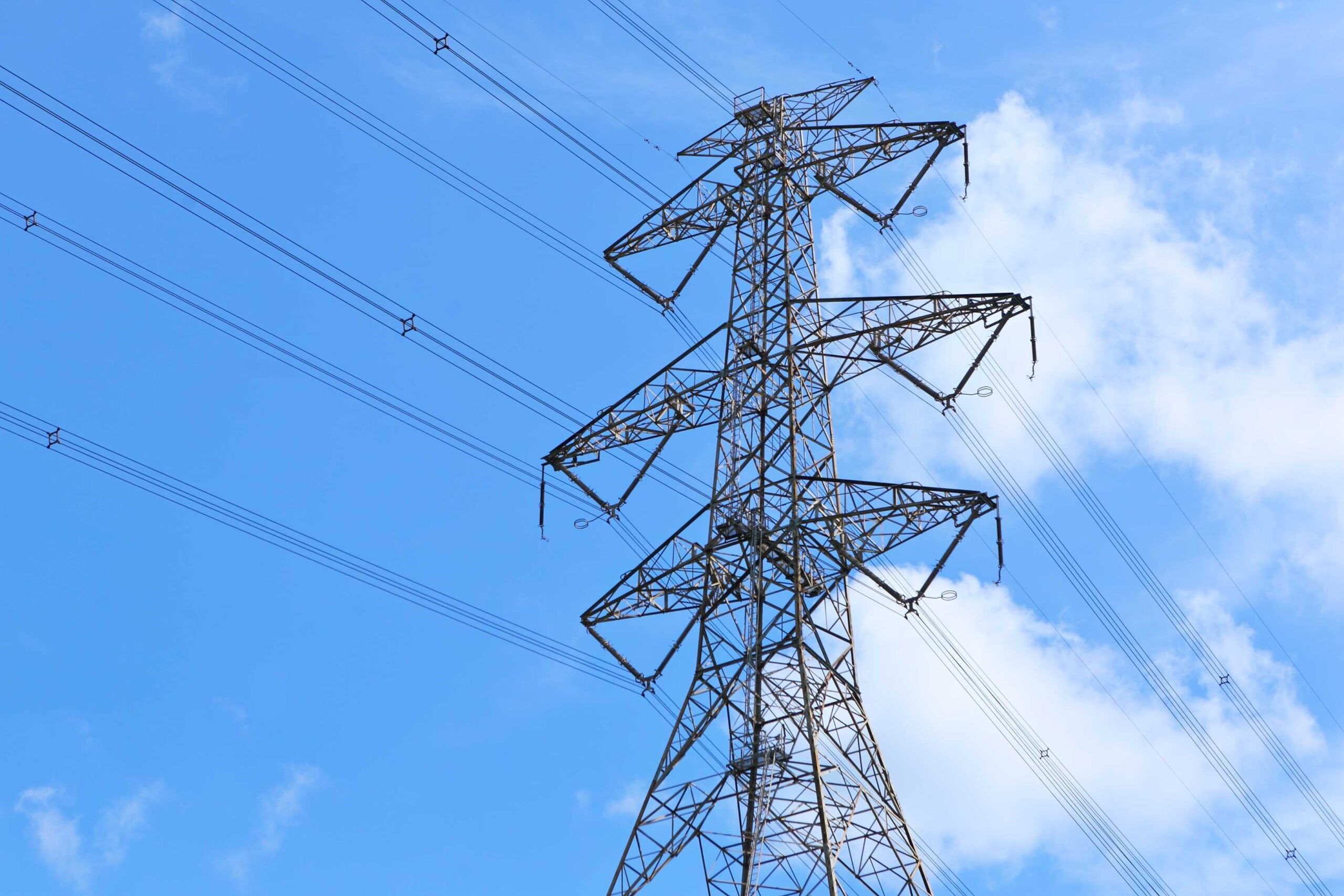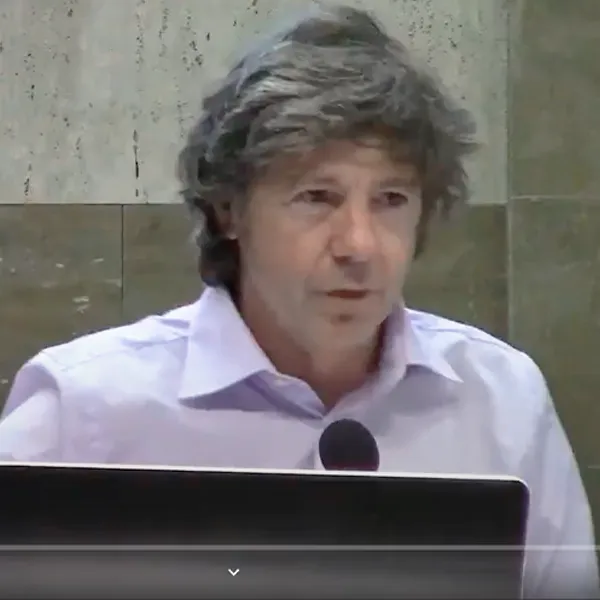Ahlam Chemlali, is a PhD Fellow at DIIS – Danish Institute for International Studies and Aalborg University, Global Refugee Studies in Copenhagen Denmark. Chemlali explores how the militarisation and externalisation of European border control to North Africa produces the everyday violence of the border. Ms. Chemlali has worked in North Africa and West Africa on issues related to migration, borders, violence, smuggling and gender.
Mrs. Chemlali, Spain has migration deals with Morocco and Senegal, Italy has a migration deal with Tunisia and Libya, and meanwhile the EU is considering the renewal of the migration deal with Turkey. What are the consequences of this outsourcing of migration control to zones outside the EU?
It is important to frame these developments as externalization measures and to include historic perspectives in the analysis. We have seen that the externalization of migration control to third countries has become one of the central pillars of the European Union’s (EU) migration policy. Since the late 1990s, the EU has sought to outsource “migration management” to third countries to prevent irregular migrants, including asylum seekers, from reaching EU territory. This is particularly true for the policies in North Africa – especially in the Maghreb countries. After the 2000s, a massive acceleration in border externalization measures has taken place. As the Council of Europe has noted, this involves outsourcing “border controls to third-countries with notorious human rights records.” As a result, the United Nations (UN) and human rights organisations have catalogued a spectrum of violence and human rights abuses in North Africa by State as well as non-State actors. This has, however, not prompted the EU to halt the externalization policies, on the contrary, the EU continues funneling millions of euros into North Africa, prompting a set of financial incentives created under the EU Emergency Trust Fund for Africa (EUTF), including suggestions from member states to open migrant reception centres, particularly in Morocco and Tunisia.
Existing research indicates that externalization of borders and migration regulatory efforts has several unintended consequences. This includes a risk of accepting poor governance in the countries that externalizing states depend on in relation to migration cooperation. It risks strengthening authoritarian regimes and repressive forces and forcing migrants out on more dangerous routes. Furthermore, the prevalence and risk of smuggling is increased, as is the establishment of migration partnerships with countries not necessarily sympathetic to migrants, undermining the ability of refugees to receive the protection they need.
As seen from the Spain-Senegal deal, these agreements also outline security cooperation, training of security forces and even economic development. To what extent will North Africa accept the role of depots for migrants with all the corresponding social problems?
To answer that question, I will use Tunisia as a case; it is where my current research is focused. So, Tunisia has been categorized as a secure so-called “transit land” along the central Mediterranean route, and what many observers and researchers are saying is that Tunisia will play a key part in re-stabilizing the European border regime. In the 1990s, as European states began jointly securing their external borders, co-operation with Tunisia played only a minor role. Italy already maintained good relations with the then-dictator Ben Ali and thereby effectively tied Tunisia through a bilateral co-operation agreement into the expanding European compartmentalization regime.
Since the ‘migration-crisis’ in 2015 a new migration agenda has been set. The European states agreed that unregulated migration to Europe on this scale was to be averted in the future at all costs. This is one of the reasons why more and more funds from Europe are flowing into so-called border management projects which are intended to hermetically seal Tunisia’s external borders as quickly as possible. According to a recent report by the Tunisian human rights organization Forum Tunisia pour les Droits Economiques et Sociaux (FTDES), the country has received €57 million since 2016 through the EU Emergency Trust Fund for projects with the direct or indirect purpose of reducing migration to Europe. A small sum of money has been spent on supporting migrants and refugees in Tunisia, but most has been allocated to strengthening border patrol capacity and thus transform the Tunisian coastguard into the “European maritime border guard”.
How does the EU’s strategy look from the standpoint not of the states, but of vulnerable persons – migrants, women, kids? Will they be safer, will they have a better prospects in the country where they are stopped in agreement with the EU? There have been constant reports of abuse by security forces within the EU. Why should we expect that security forces outside the EU will be kinder to migrants?
We cannot expect that. The UNHCR recently warned against “exporting” asylum, stating “UNHCR remains firmly opposed to externalization initiatives that forcibly transfer asylum seekers to other countries. Externalization simply shifts asylum responsibilities elsewhere and evades international obligations. Such practices undermine the rights of those seeking safety and protection, demonize and punish them and may put their lives at risk.”
To give you an example: in North Africa, the fragility of the rule of law in the Maghreb countries does not guarantee the rights of people within their jurisdiction, and numerous rights violations are regularly reported by international organizations and civil society. Nevertheless, some European countries still plan to categorize them “safe countries”, regardless of the deterioration of the political situation and even increase in rights violations against migrants and refugees in recent years. Additionally, no asylum legislation or refugee status exists in Morocco or Tunisia. Moreover, no person in need of international protection can have their situation investigated by an institution with national competence. Mass arrests by law enforcement, forced displacement, detention of migrants, even in regular circumstances, and collective expulsions are on the rise in Morocco and Algeria. While the number of people arriving on EU shores each year has decreased, the already poor protection standards for migrants and asylum seekers have only been further degraded. Morocco and Tunisia’s migration and asylum systems have remained largely unreformed, outdated and offer little structural legal protection to migrants and asylum seekers. As Tunisia continues to lack migration and asylum legislation, no national authority has been designated to register, assist, or integrate refugees, asylum seekers and migrants into the country.
Over the last five years Turkey has threatened a few times to open up the flow of migrants towards the EU, when it feels its interests are not respected. How will the EU avoid being “blackmailed” by the countries it relies on for retaining migrants on the way to the EU?
This “blackmailing” is not new, it goes back to Ben Ali’s Tunisia and Gaddafi’s Libya. Essentially migrants and asylum seekers end up as bargaining chips and are taken hostage in the political power games played between the EU and their ‘partners’ e.g. Turkey, Tunisia, or as we recently saw in Ceuta, between Morocco and Spain. In this case, migrants become, what Ruben Andersson calls “tokens of communication” in a claims-making process through which a small, containable “problem” is hugely inflated; as was illustrated by Libya’s Gaddafi, who in 2010 asked for five billion euros a year to “stop illegal migration” or otherwise he would “turn Europe black”. Recently, Lukashenko threatened to flood EU countries with migrants, weaponising migration against the EU by using migrants as political pawns. With the current developments in the Mediterranean and the Balkans, I foresee that this power play will only continue. In this case EU externalization of border control means EU internalization of partner countries’ political agendas.
The Barricade is an independent platform, which is supported financially by its readers. If you have enjoyed reading this article, support The Barricade’s existence! See how you can help – here!
Also, you can subscribe to our Patreon page. The Barricade also has a booming Telegram channel, a Twitter account and a YouTube channel, where all the podcasts are hosted. It can also be followed in Rumble, Spotify, SoundCloud and Instagram.










